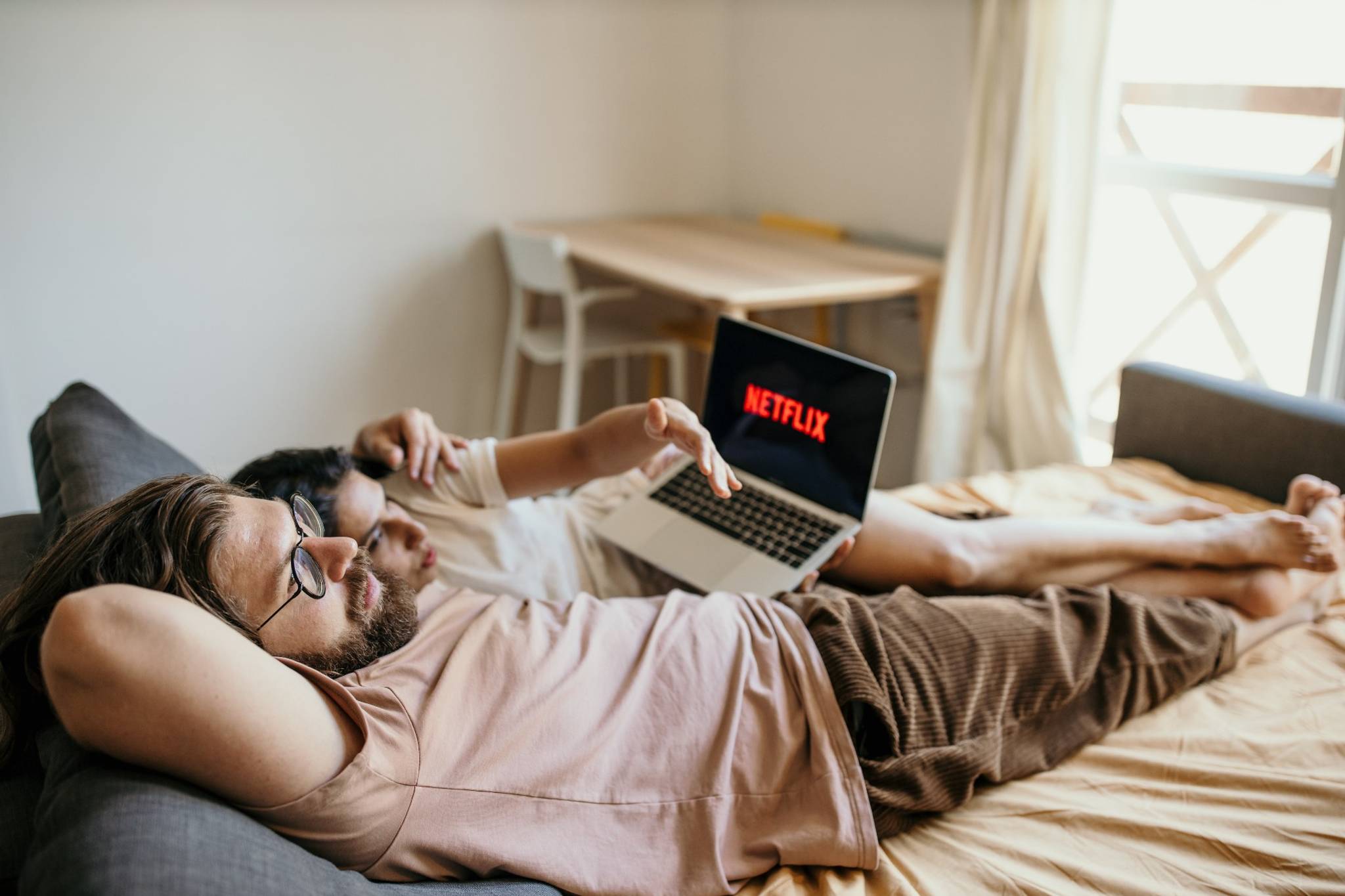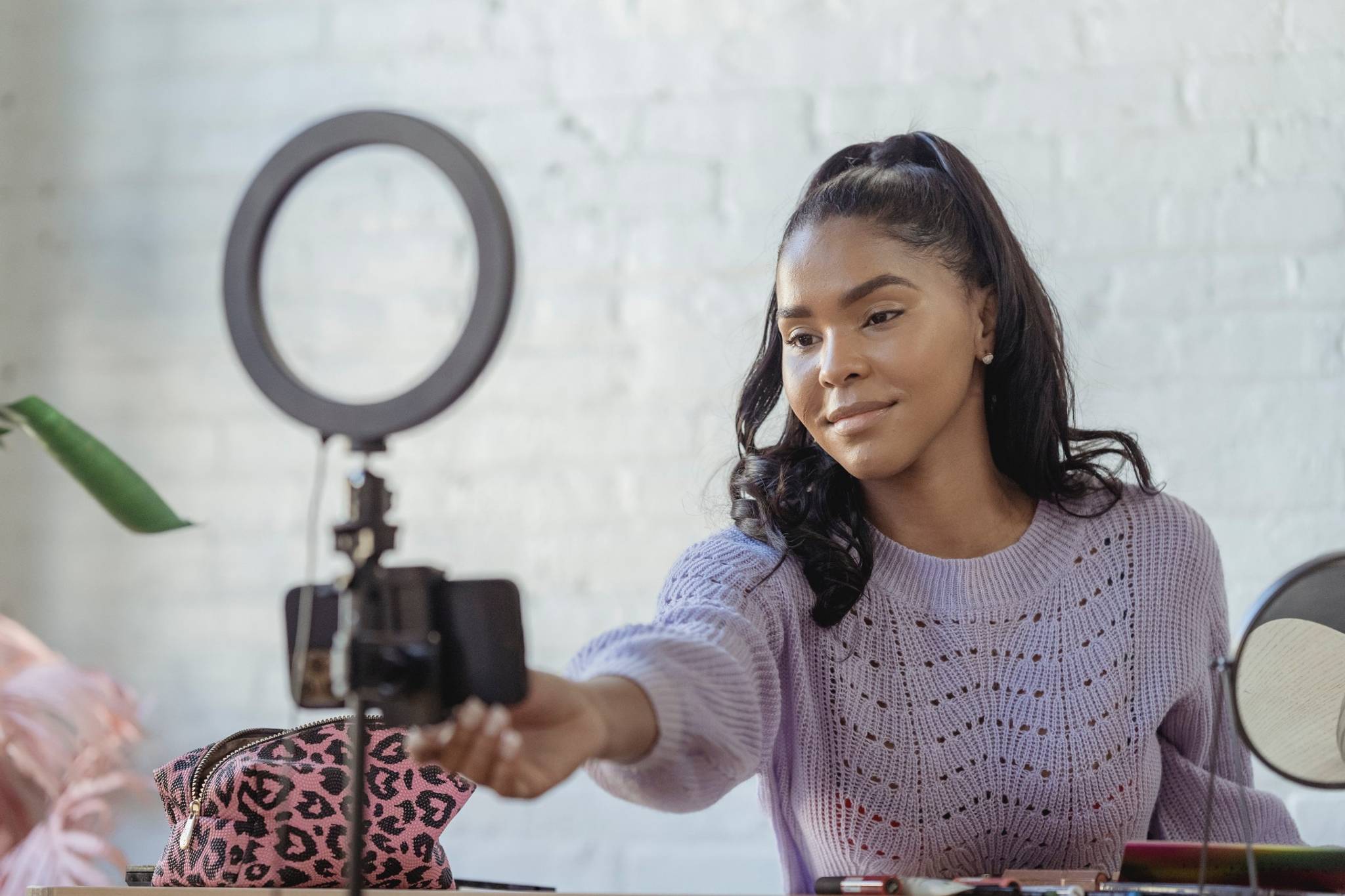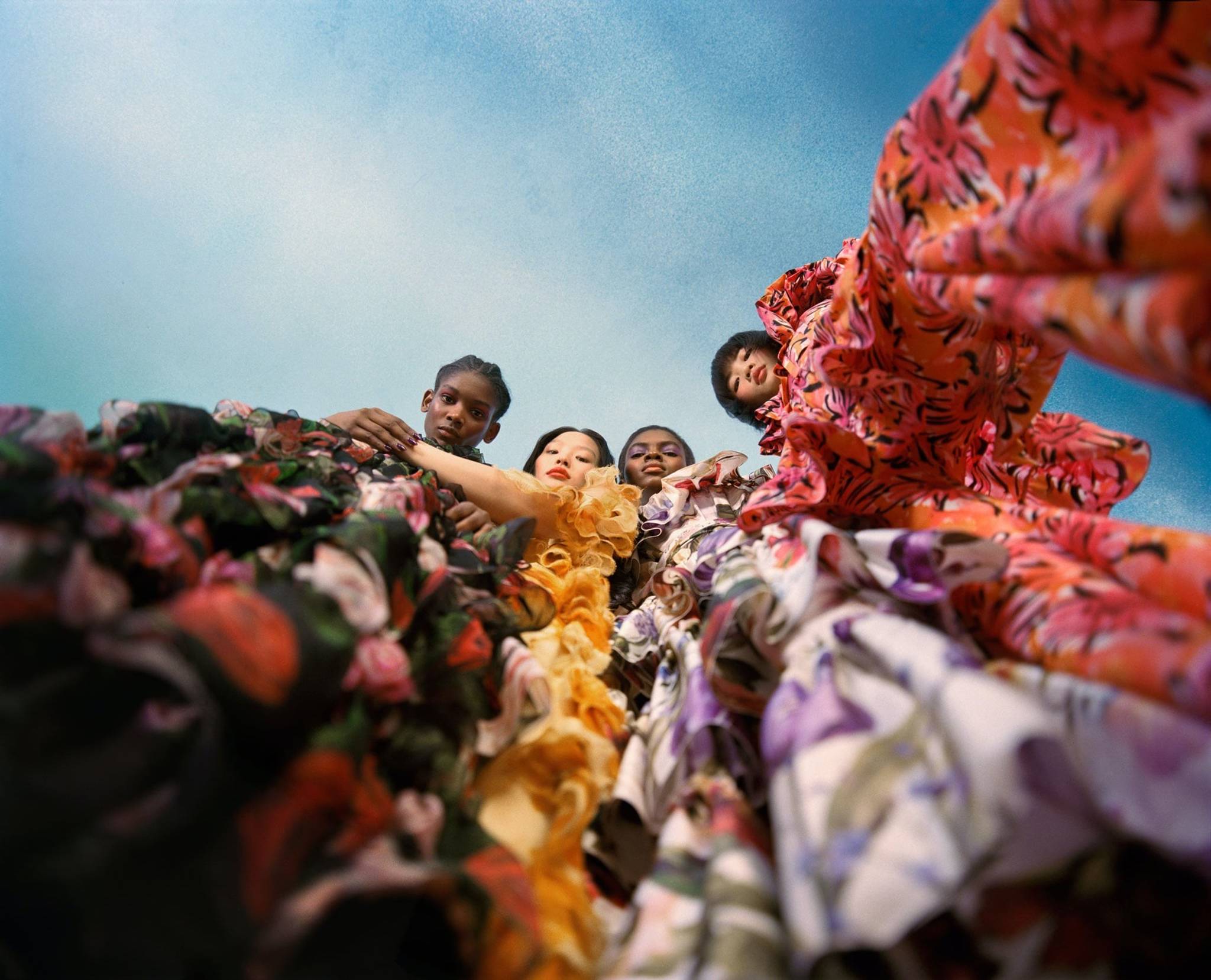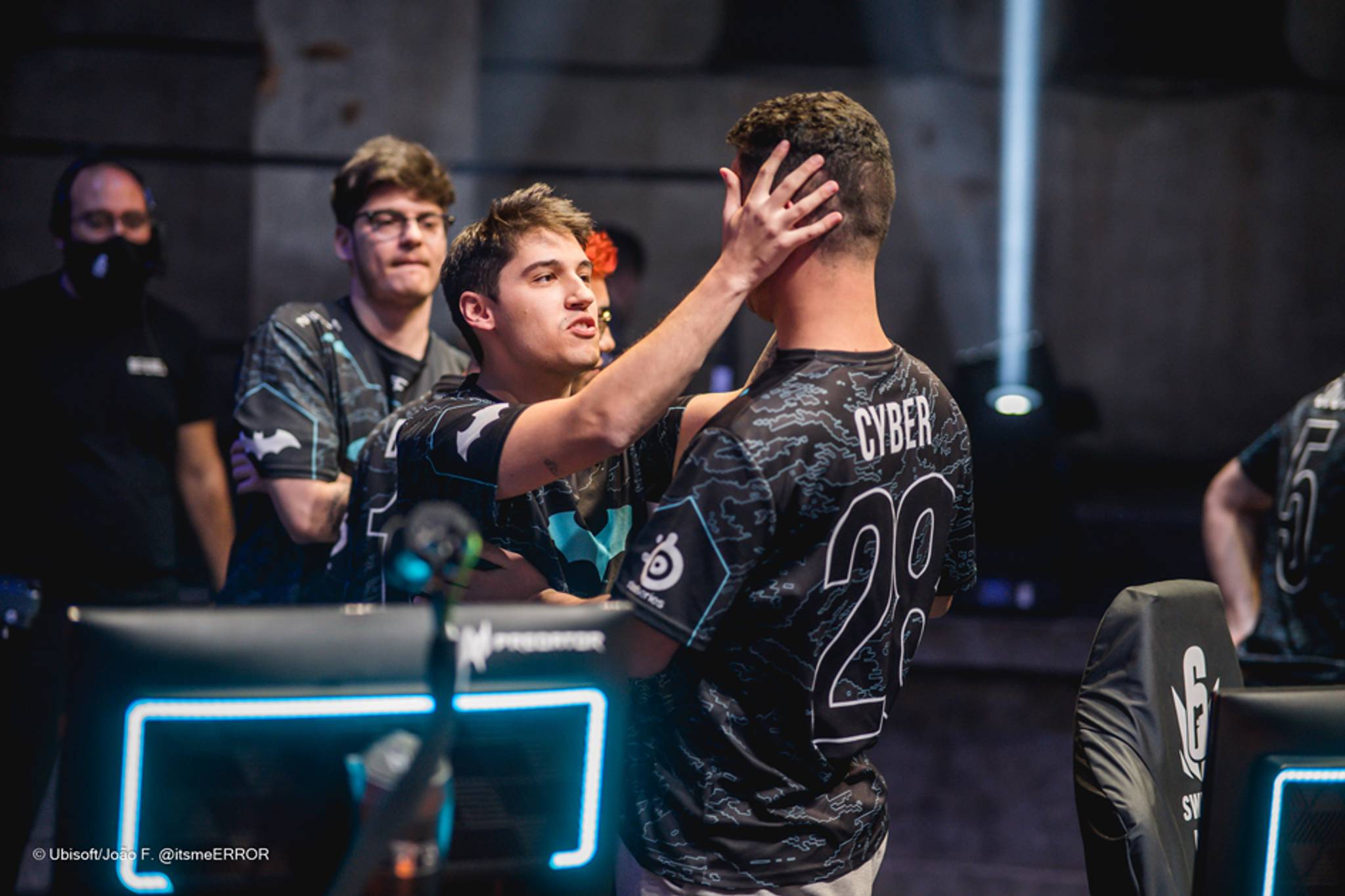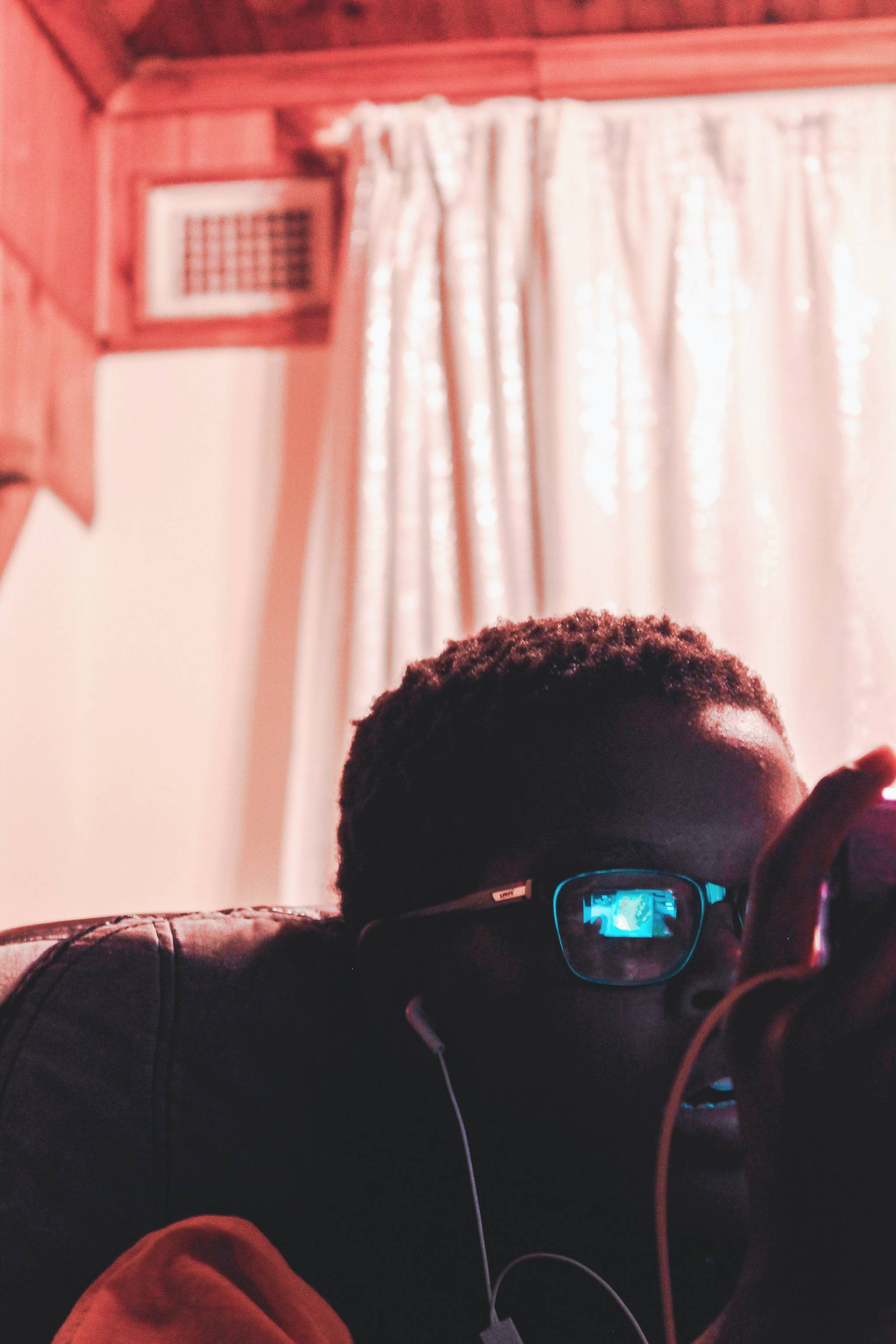
How will physical and virtual entertainment merge? What impact will mass spectatorship have on the gaming landscape? How can streaming services keep up with consumer demand? In this part of Expert Outlook, we speak to three experts about people’s evolving media preferences and expectations.
- Sector
As the managing director of the Norman Lear Center (a media-focused think tank at the University of Southern California), Johanna Blakley spends much of her time exploring how media and entertainment interact with our political, commercial, and social habits. A two-time TED speaker, Johanna performs research on global entertainment, cultural diplomacy, multi-platform storytelling, disinformation, entertainment education, celebrity culture, fashion, digital media, and intellectual property law. She is co-founder of the Media Impact Project, which seeks to better understand the role that media plays in changing knowledge, attitudes, and behaviour among individuals and communities around the world.
Paolo Ruffino is a Senior Lecturer in Digital Curation and Computational Creativity at the Department of Digital Humanities, King’s College London, where he teaches and researches on video games, interactive media, and digital cultures. His research is concerned with the ways in which power and control are negotiated and challenged through digital games by players, producers, and theorists. He's also the author of Future Gaming: Creative Interventions in Video Game Culture, and the editor of Independent Videogames: Cultures, Networks, Technics and Politics, and is one of four founding members of the artist group IOCOSE.
Amanda D. Lotz is a professor of communication studies and screen arts and cultures at the University of Michigan. Her research examines the operations of US television and the representation of gender on TV. She teaches courses about media industries and gender in media.
